We will not solve the climate crisis and inspire action without generating a shared emotional response to our changing world.


We will not solve the climate crisis and inspire action without generating a shared emotional response to our changing world.

Shifting away from fossil fuels to renewable energy products will not only help address harmful emissions, but unwanted chemical exposure.
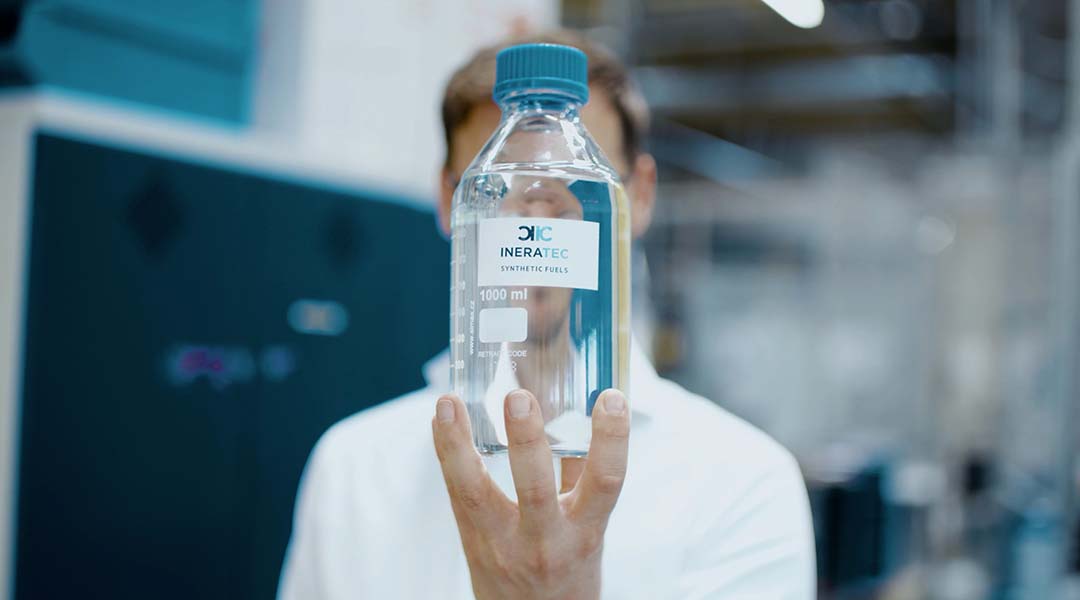
A German start-up has developed a method to convert captured carbon and hydrogen into a range of sustainable fuels.

The odds were stacked against her, but inspired by her parents and love for science, Florence Bascom paved the way for women in geology.
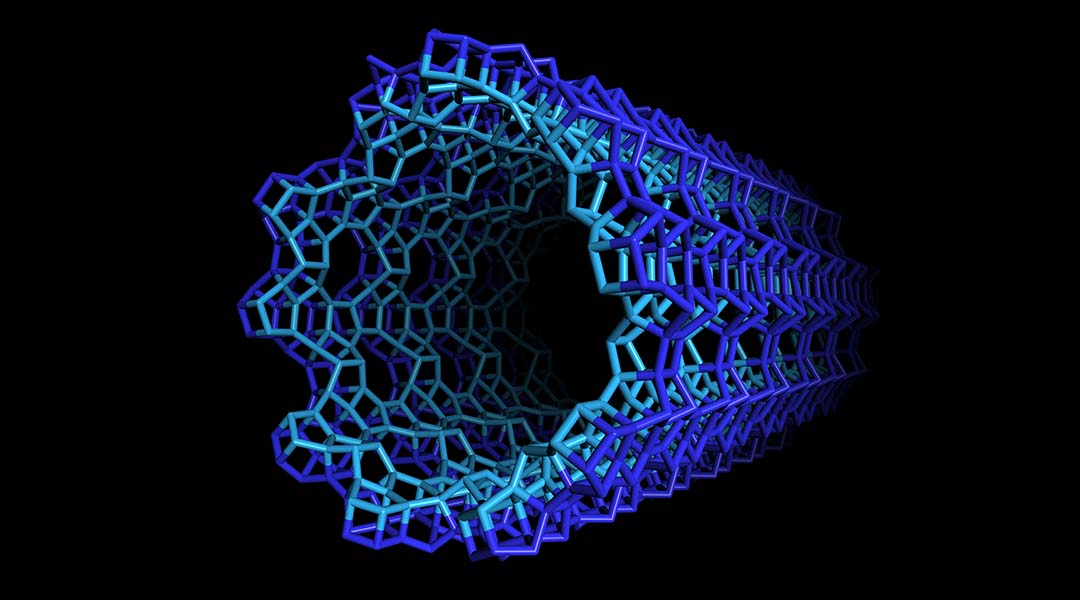
Nanotubes made from sheets of zeolite promise to expand this material’s already extensive range of application.
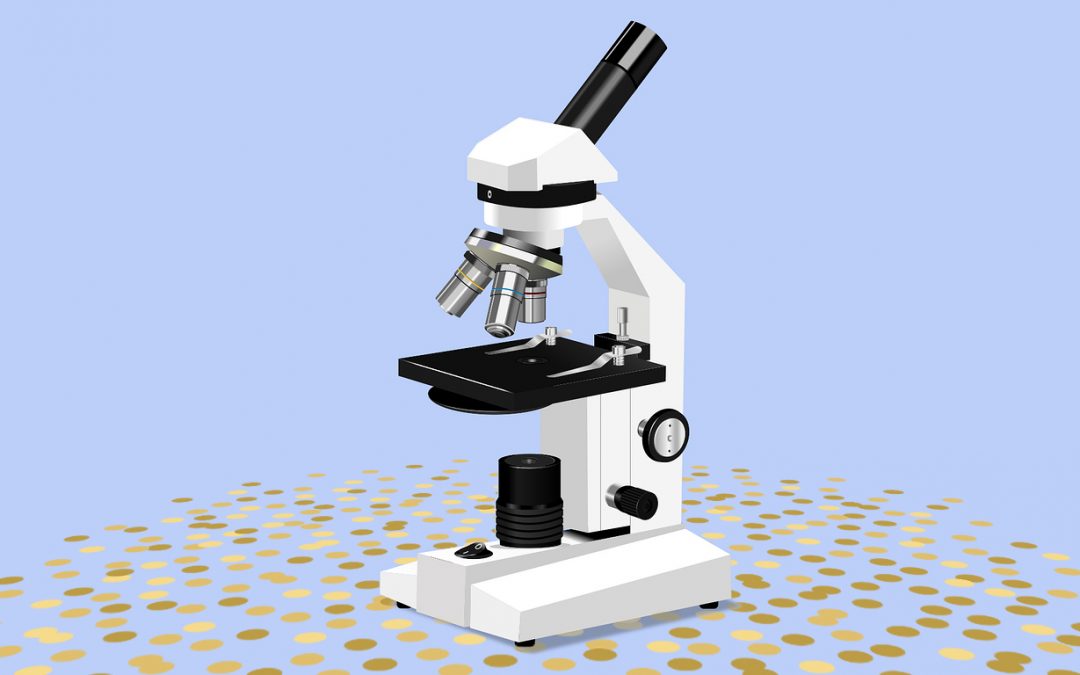
Catch up on some of the most exciting and impactful developments in science from this year, published on ASN and selected by our editors.
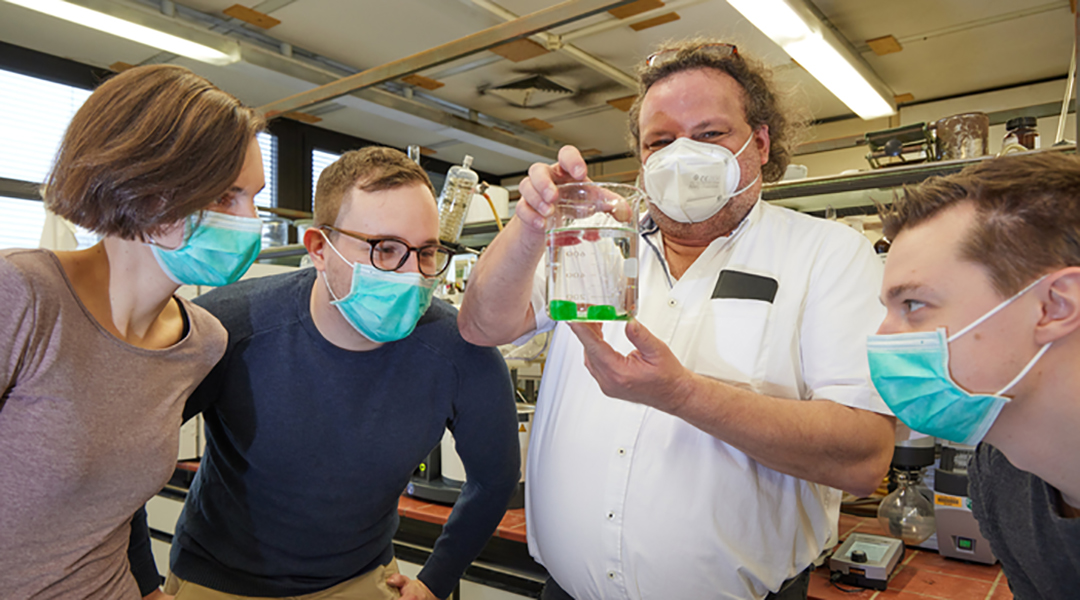
An epoxide ring opening reaction could help stabilize biomolecules by replacing hydrogen with deuterium with a high degree of selectivity.

New research on Venus reveals how large impacts from rocky bodies may have altered its development during planetary infancy.
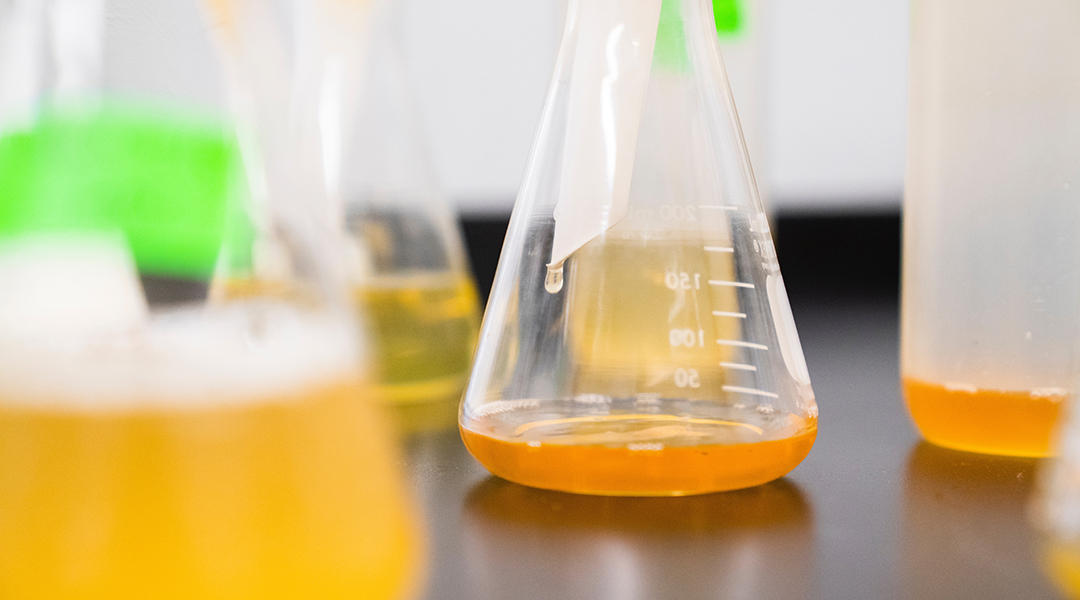
Exploring how scientists can develop efficient, solar-powered reactions to convert carbon dioxide to useful chemical feedstocks.
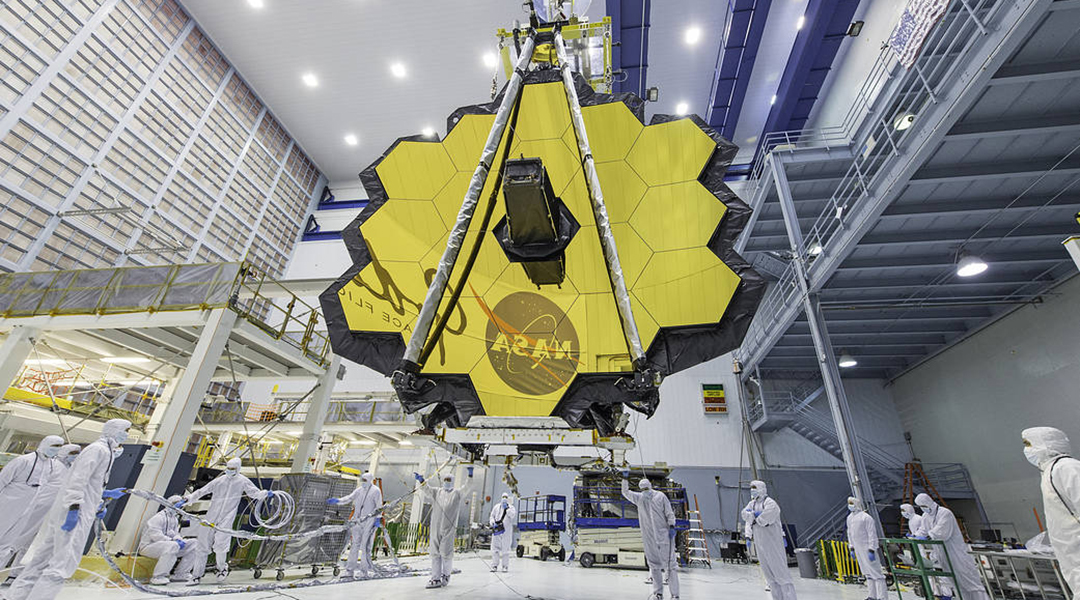
The new James Webb Space Telescope will collect infrared light from distant corners of the cosmos, enabling scientists to see further than ever before.